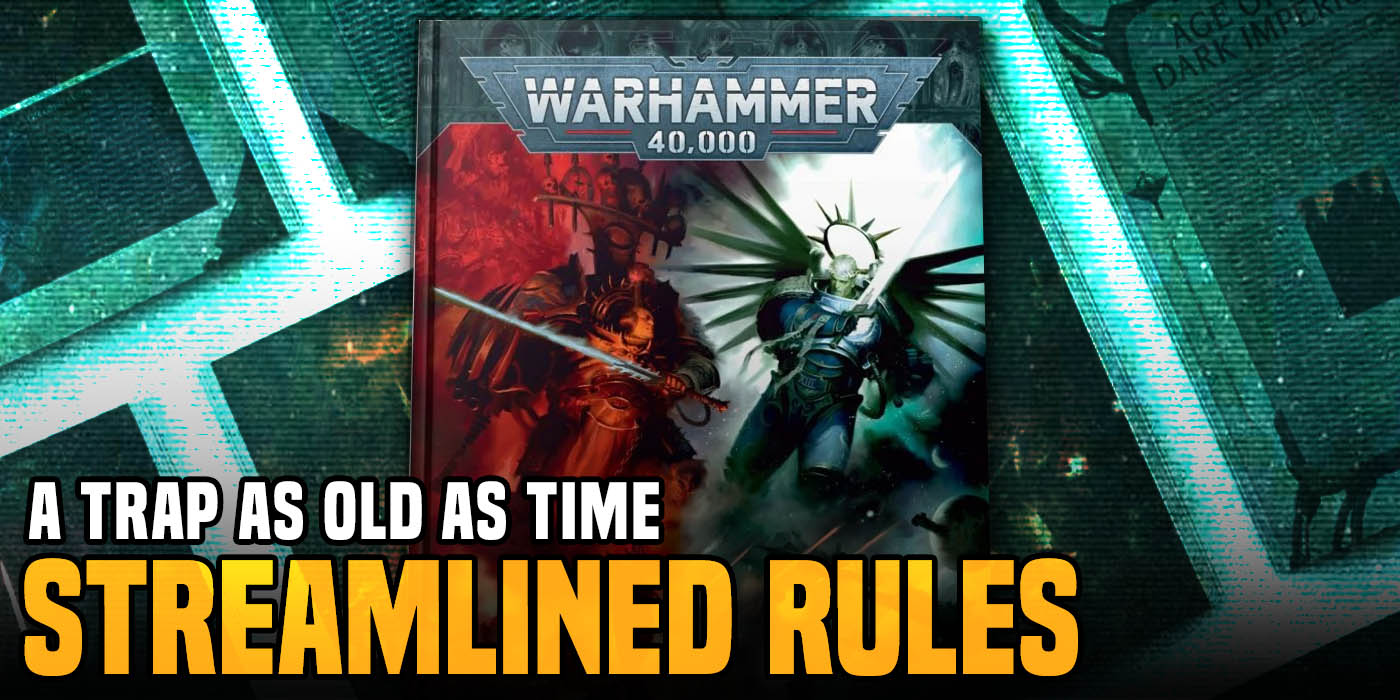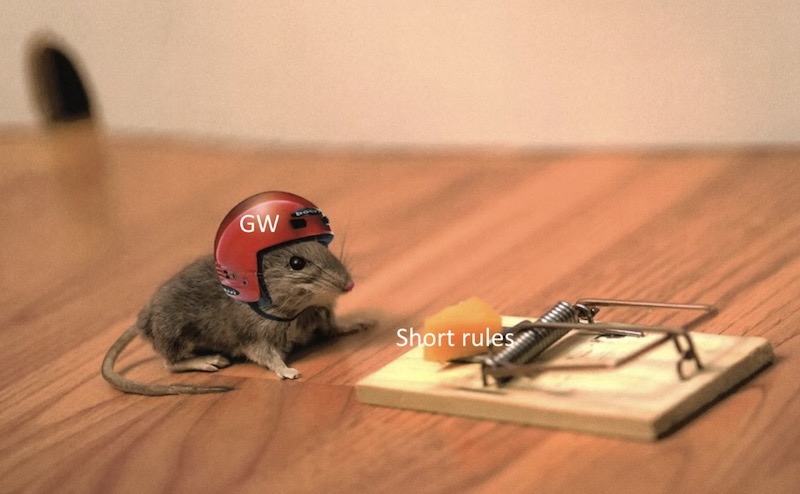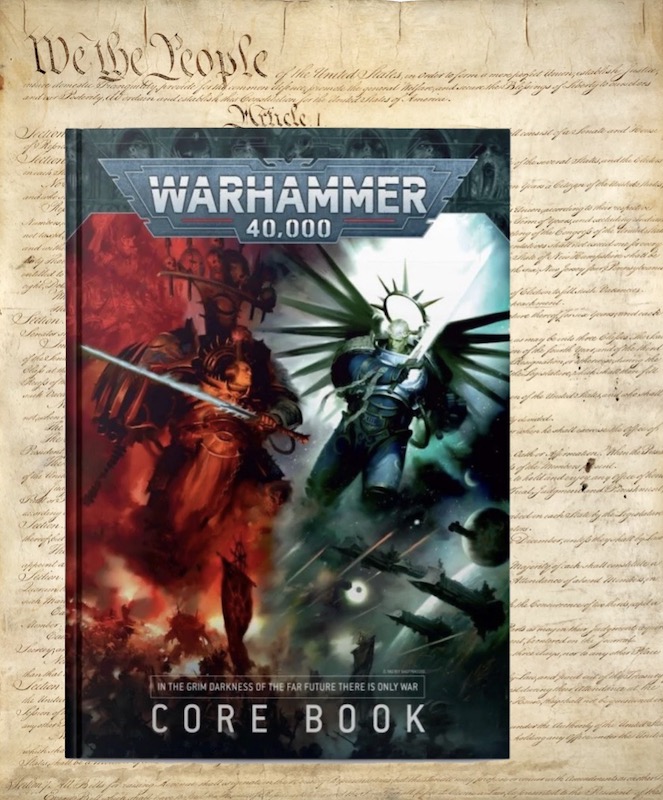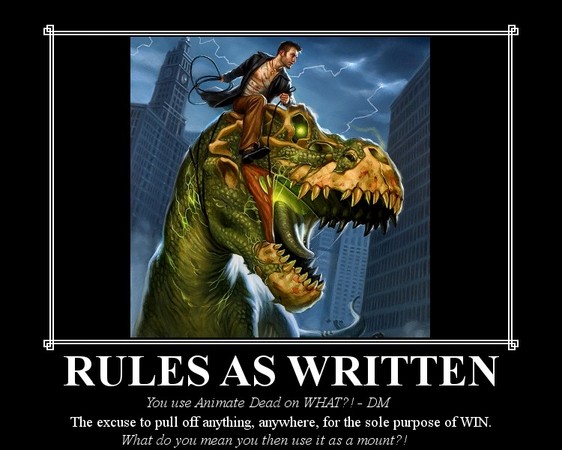Warhammer 40K: Streamlined Rules: A Trap as Old as Time


Everyone says they want streamlined rules, but the truth is more complex than it seems.
A guest editorial by Alex
“Streamlined rules! Just 8 pages of core mechanics! Learn in a single game!” So the rally cry of modern rules writing echoes out across the social media-o-sphere.
This is a laudable aim, no doubt. Simple rules should result in less cumbersome, more game-filled hobby sessions. But I think that in 8th and, by extension on into 9th, Games Workshop have fallen into a trap.
They can’t entirely be blamed, in fact even before the heady days of Warhammer, the true pioneers of the rules writing world were struggling with the same conundrum, and falling into this same trap.
The trap is thinking that writing shorter rules is necessarily more accessible, and these early rules writers were legislators – the law makers of nations.
Yes, you read that right, this piece will basically be a big, clunky analogy comparing legislation to wargaming rules sets. But stick with it, it’s possibly not as dumb as it sounds.
By way of brief introduction, I am a children’s lawyer. This means I spend considerable time taking complex rules and working out how to explain them to young and vulnerable people in such a way that they can be understood and acted upon. I also work in policy, influencing government to amend rules in such a way that is going to be of benefit. So, I understand how rules writing works and what happens when it’s done wrong. When it is done wrong, it can be a case of losing a rule we needed, or a rule not actually doing what it was intended to do. No joke, I’ve seen disputes with the government when we complaint about what a rule is doing and their response is “really? Oops, we didn’t mean it to do that”. Surely, that sounds familiar?
The British government has, in fits and bursts throughout history, attempted to reduce the page-count of the rules they write. Wargaming is, of course, this process writ-small, so I do think it is worth looking at. The parallels are perhaps more striking than you might imagine.
So, here’s three impacts of writing rulesets to be small – in a drive for accessibility – that might undermine that intent.
Word Shifting
The first effect is word shifting. This is the idea that by reducing the wordcount of one source of rules, you simply inflate another. In government this happens in a number of ways. Typically, it might be that the government drafts a bill that gives the skeletal outline of how a new law will work, but then authorises the relevant government department to fill in the gaps with guidance or regulations.
In wargaming rules writing terms we might think of the bill as the core ruleset – difficult to change, the primary source of reference, and the highest authority on what the intention of the rule is.
The guidance and regulations are errata and FAQs. We’ve seen how GW’s slimming down of the primary rules set has caused an explosion in secondary authorities. Big FAQs twice a year, FAQs after every new book and a chapter approved every year. Huge volumes of reference material that are needed to make effective use of the primary material. Hell, the 9th ed rule book has been FAQ’d twice already.
Word shifting can happen in other ways too. Look at Age of Sigmar which has an impressively short ruleset, but then enormous datasheets for units, sometimes whole A4 sides of block text for a single entry. 40k, too, has lost its universal special rules and ever expanding lists of stratagems, thus reducing the size of the core volume, but inflating the datasheets and extras – often reprinting rules that are similar or the same, just phrased differently or titled differently from unit to unit.
Put short, it is a fallacy to say that smaller primary rules necessarily means smaller rules. It becomes a claim of marketing rather than substance.
Rules Obscurity
There’s a difference between writing fewer rules, and writing the same amount of rules with fewer words. In striving to achieve brevity without a loss of depth, GW’s recent rules writing has tended toward the latter. Here’s the issue with that.
The British government writes guidance to public services on what the law is. Perhaps confusingly, this guidance can then be given legal force itself (making it the ‘Reverse Barbosa’, more like rules, than actual guidelines.) The last government once set about trying to make every guidance document only a single page in length, some coming down from hundreds.
The impact? Utter chaos. The government had to issue reams and reams of clarifying memos. There were deafening demands for clarity and endless, avoidable legal disputes. This last one, cases in court, is the inevitable consequence of vague rules because where clarity isn’t offered, two parties will genuinely believe the rules are on their side. Now that must sound familiar?
Vague rules breed disagreements. These disagreements lead to house rules, tournament practices and reddit threads about interpretation. These less-tangible rules sources tend to crystallise into norms – the standard way things are done without it actually being written down anywhere. This makes the rules obscure, opaque and hard to access. It makes it more difficult for newcomers to get into circles that can be steeped in tradition that has arisen to fill in the gaps. It makes the hobby less accessible, rather than more.
Memory Tests
This is perhaps more of a symptom of the above two, rather than a completely separate issue. There are broadly two types of real law in many countries – that which is made by the lawmakers and that which is made by the courts. The latter is known as “common law”.
I said above that vague primary law – made by the government – leads to cases in court. The court’s decisions can stand alongside primary law as a complex hodgepodge where no one can figure out what they’re actually meant to do without having a law degree and a law library at their disposal.
I think this can be most easily put in these terms: yes a long ruleset has its downsides. But I would take a single compendium of rules that tells you, pretty definitively, what the state of play is, over not knowing where the relevant rules even are. That’s the problem with FAQs and errata, if you want to get them right, you have to know what’s been FAQd or changed if you’re going to apply them. That involves at least a certain commitment to memory.
Am I saying that FAQs are bad? No! Not at all, they happen in a range of games and when used clinically, precisely and as a last resort they are necessary. My concern is that word-shifting toward after-publication clarifications creates a really confusing setup that is less, not more accessible.
I’d leave you on this thought: a steep initial learning curve can be a turn-off, yes. But, some of the best games are those whose initial investment pays dividends with clarity, intuition and depth.
-Alex









